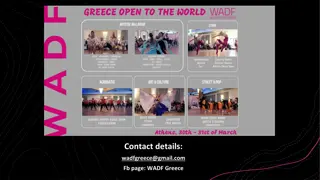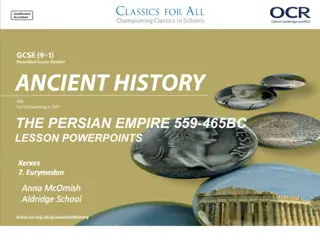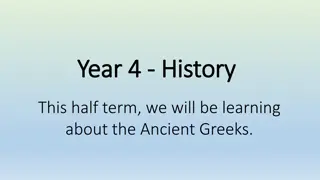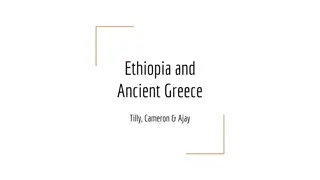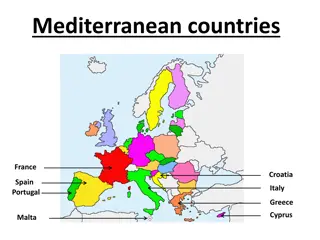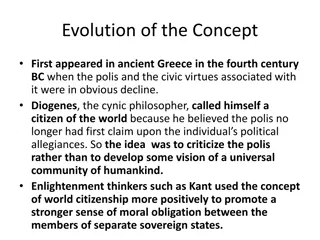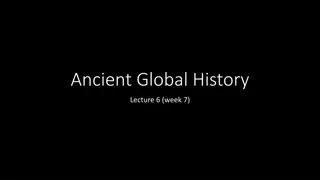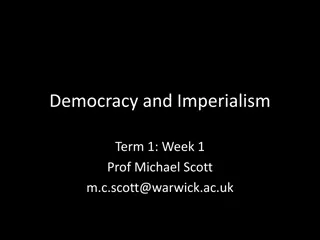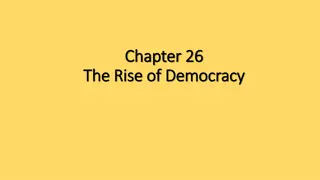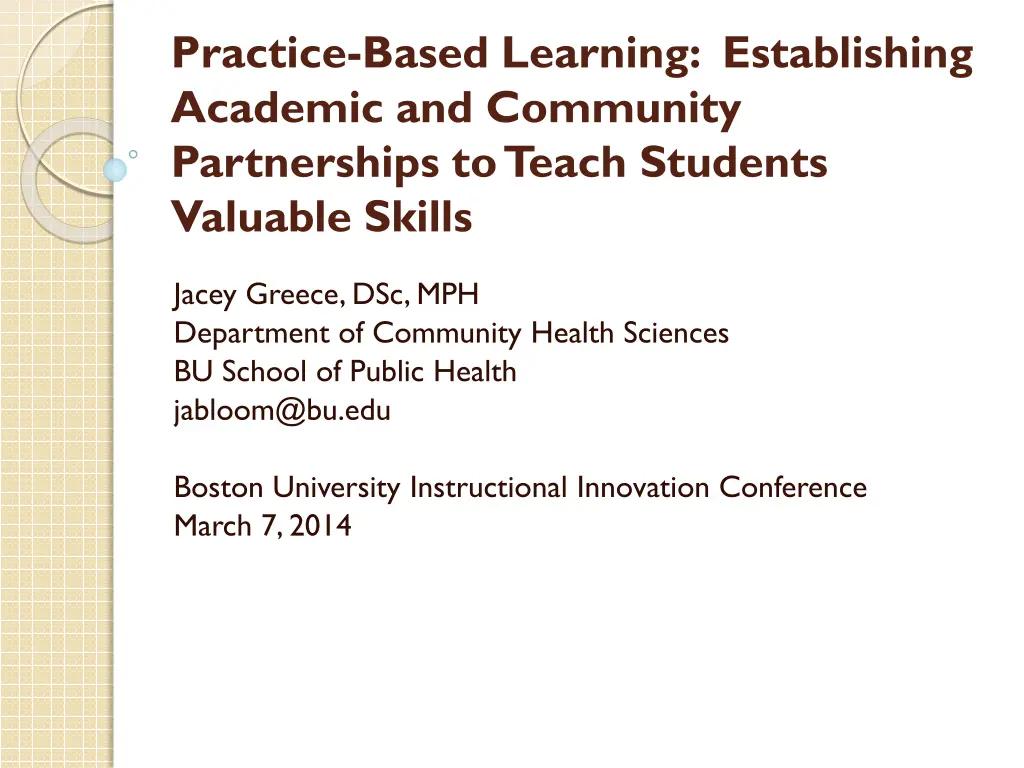
Establishing Academic-Community Partnerships for Practice-Based Learning
Explore how academic-community collaborations in public health education enhance student skills through practice-based learning. Discover the benefits, process, and outcomes of these partnerships.
Download Presentation

Please find below an Image/Link to download the presentation.
The content on the website is provided AS IS for your information and personal use only. It may not be sold, licensed, or shared on other websites without obtaining consent from the author. If you encounter any issues during the download, it is possible that the publisher has removed the file from their server.
You are allowed to download the files provided on this website for personal or commercial use, subject to the condition that they are used lawfully. All files are the property of their respective owners.
The content on the website is provided AS IS for your information and personal use only. It may not be sold, licensed, or shared on other websites without obtaining consent from the author.
E N D
Presentation Transcript
Practice-Based Learning: Establishing Academic and Community Partnerships to Teach Students Valuable Skills Jacey Greece, DSc, MPH Department of Community Health Sciences BU School of Public Health jabloom@bu.edu Boston University Instructional Innovation Conference March 7, 2014
Outline Innovation Overview Current Use Lessons Learned Application to Other Courses Questions
Innovation Overview Practice-based teaching to link students to practical problems
Background Course: SB806 Communication Strategies for Public Health Old Way: Used hypothetical situations to teach course competencies New Way: Uses collaborations with local public health agency to accomplish practice-based learning
School/University Reputational capital Institutional collaboration Civic responsibility Potential funding streams Students Technical knowledge Professional skills Workplace skills Professional portfolio Alumni Alumni Enhanced learning experience Opportunities: Job Volunteer Practicum Faculty Agency Practice-Based Learning Enhanced expertise High quality deliverables Professional development opportunities Professional development opportunities Collaborations: New Continuing Research/practice opportunities Targeted programs for community Alumni
Process of Collaboration May Dec. 2013 January May 2013 Summer 2012 November 2012 Nov. Dec. 2013 January May 2014 Course offered Spring 2013 One bureau involved Course offered Spring 2014 Three bureaus involved Resulting opportunities from course: Practicum (2) Directed Study Part-time job Debrief from course Agency Students Partnership established Prepare for course ID problem statements Confirm deliverables Share/finalize syllabus Prepare for course ID problem statements Confirm deliverables Share/finalize syllabus Extend collaboration
Course Requirements Deliverables, developed in groups of 3-4 students Problem statement with identified behavior/environmental change Literature review based on social ecological model Intervention proposal to address change Communication plan to support the intervention Ongoing consultations with client Group work assessments Presentation to client
Skill-Building Activities Consultation Techniques Teamwork and Leadership Presentations Technical Skills -Objectives -Intervention plan -Logic models -Media Pieces Writing and Peer Review Literature Reviews
Lessons Learned Setting clear expectations for deliverables Reducing burden on collaborating agency Balancing group work time in class and outside of class Creating mechanisms to evaluate quality of deliverables for class and agency Managing the number of projects and finding a liaison for each type of project
Ongoing Challenges Time intensive for students, faculty, and collaborating agency Scheduling in-class time for agency consultations Scheduling interviews and focus groups, as needed Managing the communication between agency and students Timing of identifying problem statements before start of semester Group dynamics and emphasis on group work Balancing time for technical skills with time for professional skills/situations that arise
Benefits Working with the BPHC was an excellent way to learn the material. It gave students practice working with an organization and it was nice to know all your hard work was for something. Getting to consult with a local public health agency to develop an intervention that they may actually use to inform their program development. Working in teams to create products you are really proud of. This course, by far, gave me the most hands-on learning experience that I've had at BUSPH. We worked, developing an intervention, for a real client. This made the stakes higher and forced us to produce high quality work, which means we now have a product we can be really proud of. I think more SPH courses should be this practical and hands-on.
Benefits School/University Reputational capital Institutional collaboration Civic responsibility Potential funding streams Students Technical knowledge Professional skills Workplace skills Professional portfolio Alumni Alumni Enhanced learning experience Opportunities: Job Volunteer Practicum Faculty Agency Practice-Based Learning Enhanced expertise High quality deliverables Professional development opportunities Professional development opportunities Collaborations: New Continuing Research/practice opportunities Targeted programs for community Alumni
Application to Other Courses Collaborations benefit all stakeholders Projects can be identified in a variety of disciplines Determine the target area to impact Identify potential collaborators Identify projects that would benefit collaborators and allow students to learn technical skills Establish agreement on deliverables students will produce Ongoing communication throughout semester Has potential to impact local, national, and international areas
Conclusions Practice-based teaching has multiple benefits for students, faculty, collaborators, and the school It can be time intensive to foster the collaborations and engage the students this way during the semester Based on student feedback and informal agency feedback, the benefits outweigh the costs


